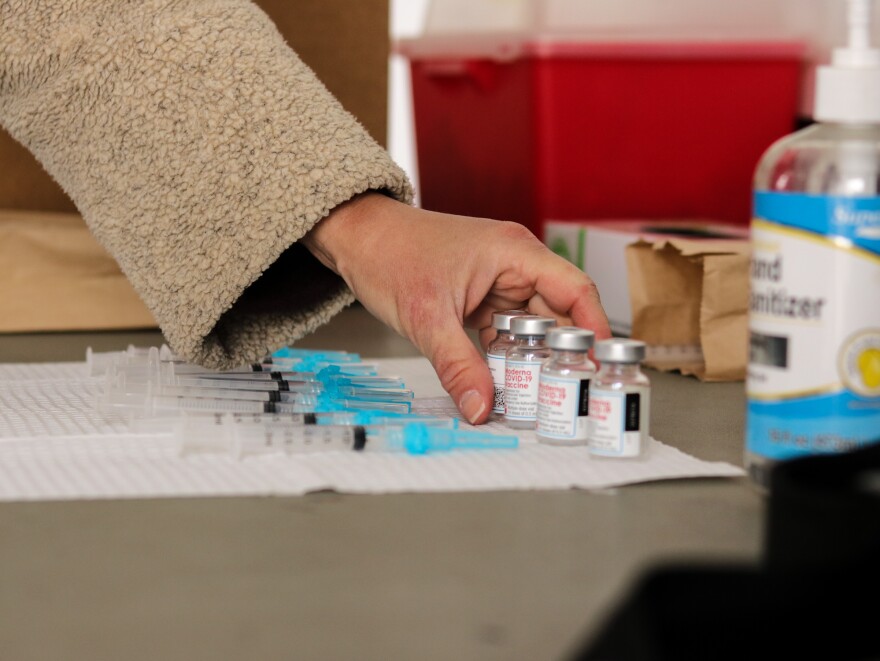University of Arizona researchers are analyzing COVID-19 immunity and vaccine effectiveness among essential workers. Now, the study will include Spanish-speaking participants — a group that has been disproportionately impacted by the pandemic.
The AZ HEROES study focuses on those who work in health care, food service, and other essential industries. Karla Ledezma, a research coordinator for the study, says including Spanish-speaking participants will provide a more complete dataset.
“It’s important to capture a significant demographic in Arizona that’s often been excluded from research opportunities,” Ledezma says.
Including Spanish-speaking Arizonans, Ledezma explains, will give a “more precise sample of the general population” — resulting in better research.
“Which will help us put an end to this pandemic,” she adds.
The most recent U.S. Census data estimates 27.1% of Arizona’s population speaks a language other than English at home, and Spanish is the most common language spoken by Arizonans with Limited English Proficiency.
It’s a population that has been hit hard by COVID-19: a recent investigation at Brigham and Women’s Hospital in Boston found Spanish-speaking patients were 35% more likely to die from the virus.
Last month the AZ HEROES study found the Moderna and Pfizer vaccines to be 90% effective for essential workers.
Now, its researchers are analyzing how long immunity lasts, and studying vaccine effectiveness against variants — questions that remain largely unanswered.



